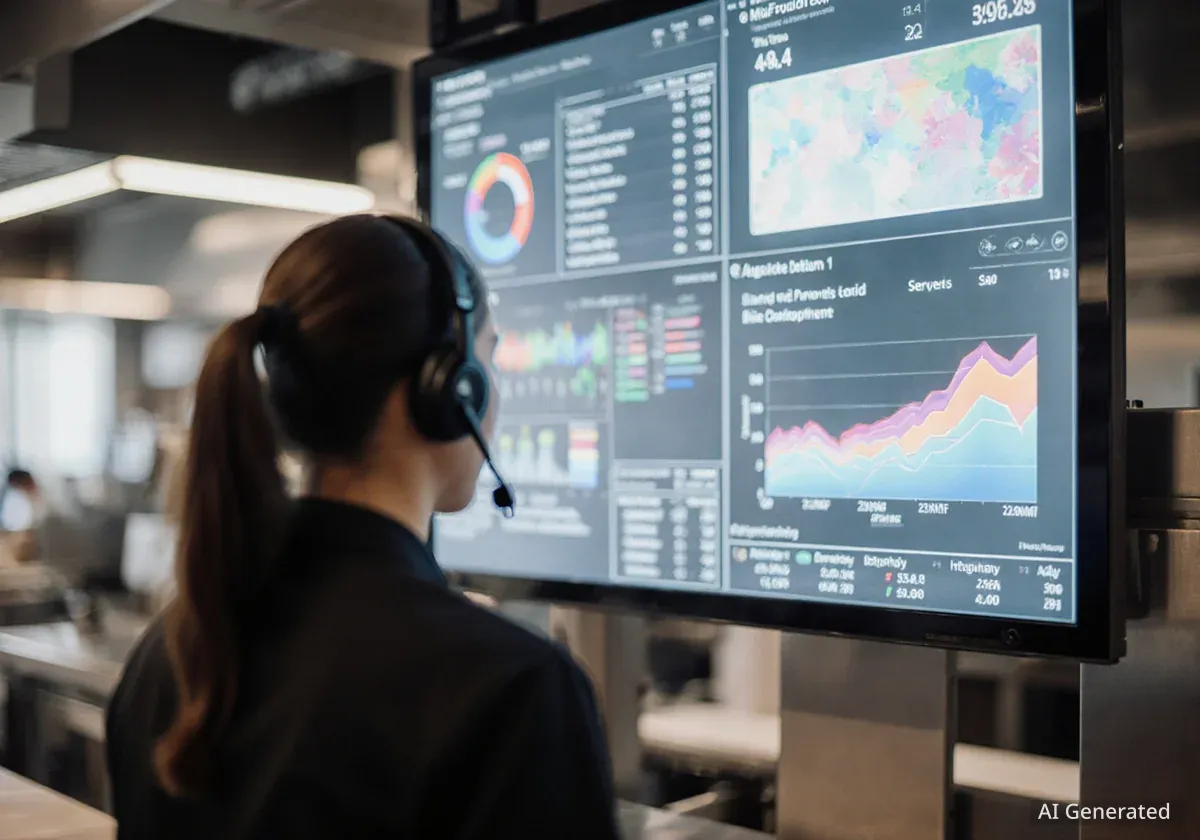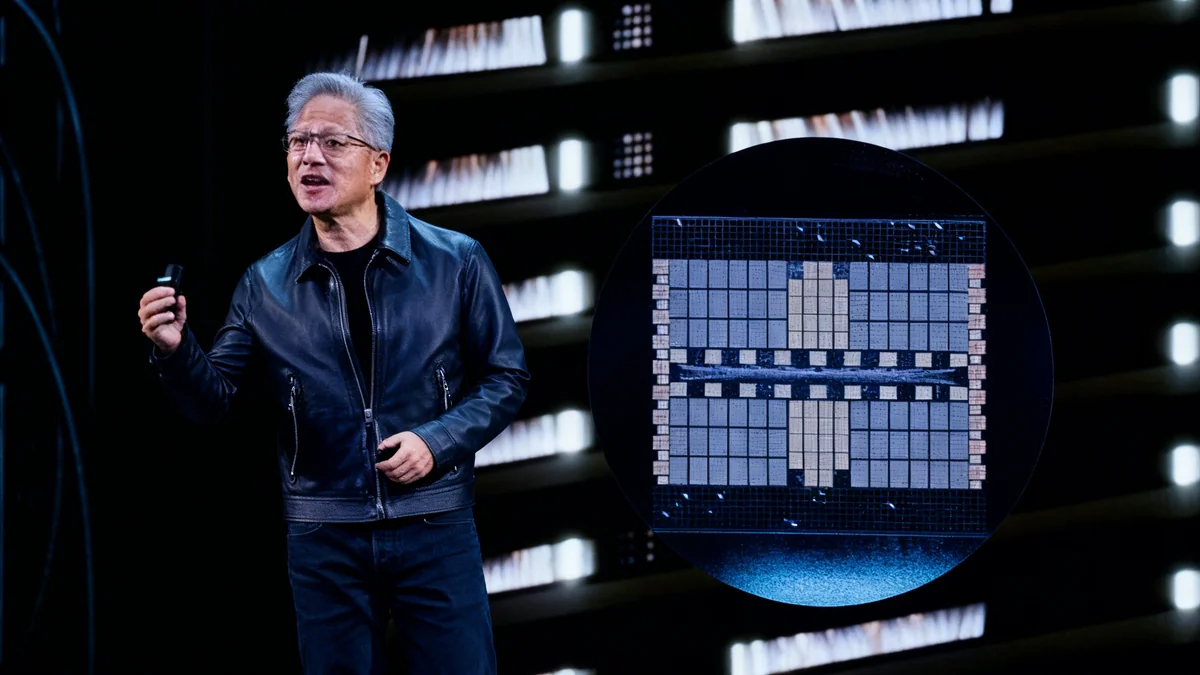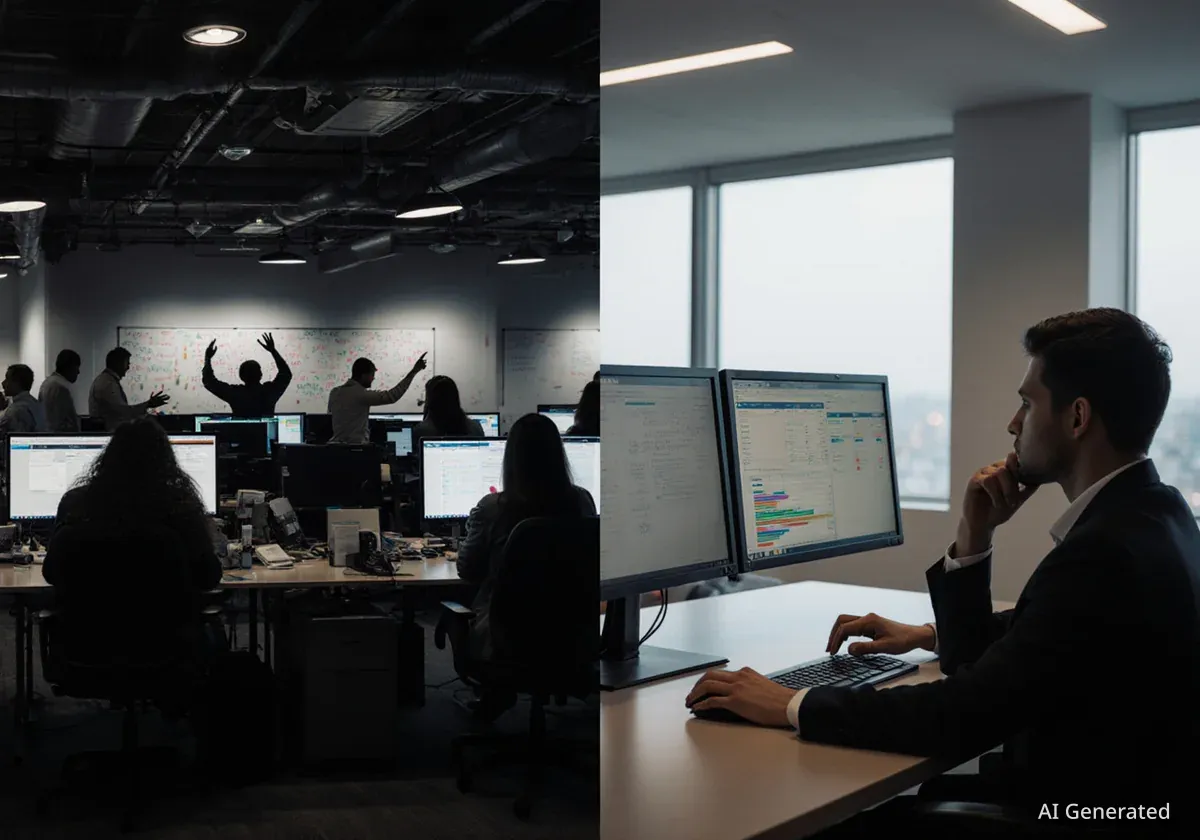OpenAI is actively working to transform ChatGPT into a new kind of operating system, a strategic shift designed to integrate third-party applications directly into the user experience. Nick Turley, the head of ChatGPT, outlined the vision to leverage the platform's 800 million weekly active users by creating an ecosystem where developers can build and offer services within the conversational AI.
This move aims to evolve ChatGPT from a standalone tool into a comprehensive platform, similar to how web browsers became central hubs for online activity. The plan involves embedding apps from partners like Expedia and Uber, potentially changing how users interact with software and online services.
Key Takeaways
- OpenAI's new strategy is to evolve ChatGPT into an operating system with a rich ecosystem of third-party apps.
- The platform currently has 800 million weekly active users, providing a massive potential audience for developers.
- Unlike previous attempts like the GPT Store, new apps will be integrated directly into the core conversational experience.
- The company is addressing challenges such as app discovery, user data privacy, and potential revenue from paid app placements.
- This commercial strategy is framed as the primary method for delivering the benefits of artificial general intelligence (AGI) to the public.
A New Vision for ChatGPT
Since Nick Turley took charge of ChatGPT in 2022, his primary goal has been to commercialize OpenAI's research. The platform's growth to 800 million weekly users has laid the groundwork for a more ambitious phase: transforming it into a foundational operating system.
Turley draws inspiration from the evolution of web browsers. Over the past decade, browsers have become the main interface for work and leisure on computers, not by being a literal OS like Windows or macOS, but by hosting a vast array of web applications. He envisions a similar path for ChatGPT.
"I think we’re gonna look back at ChatGPT in a couple years and feel like the current product is in the command line era," Turley stated. "The evolution we’re trying to make... is one where ChatGPT itself is more like an operating system where you can come and use applications."
The core idea is to move beyond the current text-based interface, which Turley admits is a "weird and hard" way to grow a product, despite its success. The future version will offer more intuitive ways to interact with different services directly within a conversation.
Broader Ecosystem Ambitions
This software strategy aligns with other reported OpenAI initiatives. The company is rumored to be developing its own web browser and is confirmed to be collaborating with former Apple designer Jony Ive on a new family of hardware devices. A ChatGPT-based operating system could serve as the central software hub connecting these future products.
This integrated approach suggests OpenAI is building a comprehensive consumer ecosystem. The operating system would not just be a feature but the central pillar connecting software, hardware, and services under a single, personalized user account.
Building an App Ecosystem
OpenAI has previously attempted to create a developer ecosystem with products like ChatGPT plugins and the GPT Store, which launched in 2023. However, these initiatives failed to gain significant traction. The company appears to have learned from these experiences and is now pursuing a more integrated approach.
A More Integrated Experience
The new strategy embeds third-party apps directly into the core ChatGPT experience rather than isolating them in a separate storefront. This means if a user discusses travel plans, an app from Expedia could surface naturally within the chat to help book a flight or hotel.
This model offers a powerful proposition for developers. They gain direct access to ChatGPT's 800 million users at the precise moment of intent. For users, it promises a more seamless and efficient way to accomplish tasks without switching between different applications.
E-commerce and Revenue Potential
Integrating apps from companies like DoorDash, Uber, and Expedia opens a significant e-commerce channel. OpenAI can facilitate transactions directly within ChatGPT and potentially take a percentage of the revenue, creating a new and substantial income stream.
Turley emphasized that OpenAI cannot build every possible service itself. "We’re not going to have a music streaming service, or replicate Coursera’s catalog of educational materials," he explained. "And for that reason, it makes sense to partner."
Navigating Platform Challenges
Creating and managing an operating system comes with significant responsibilities and complex problems, particularly concerning fairness, privacy, and user experience. OpenAI is actively working through these challenges as it builds out its new platform.
The Question of App Discovery
A key issue is how to handle competing services. If a user wants to order food, should ChatGPT recommend DoorDash or Instacart? Turley stated that the initial approach would be to present both options, potentially prioritizing one if the user has a history with that service.
OpenAI is also considering allowing companies to pay for preferential placement for their apps. Turley acknowledged this is a sensitive area and that the company is exploring how to implement it without compromising the user experience.
"We have no point of view as of today," Turley said regarding paid placements. "At the end of the day, we want a great user experience. So if that would lead to apps [surfacing] that are irrelevant to the user, I don’t think we’d like it."
Protecting User Privacy
Allowing third-party apps access to conversations raises immediate privacy concerns. OpenAI has published developer guidelines stating that apps must "gather only the minimum data required to perform the tool’s function."
To enforce this, developers will be required to disclose what information they are requesting, and apps deemed to be requesting excessive data will be rejected. Turley also mentioned plans to build more sophisticated user controls, inspired by Apple's privacy features.
One potential future feature is a "partitioned memory" in ChatGPT. This would allow users to grant apps access to specific types of conversations (e.g., travel planning) while keeping others (e.g., health inquiries) completely private. This requires solving both research and engineering challenges, but Turley stressed that transparency with users is "uncompromisable."
The Mission to Distribute AGI
Perhaps the most significant insight from Turley is how this commercial platform strategy connects to OpenAI's nonprofit mission: ensuring artificial general intelligence (AGI) benefits all of humanity.
While some insiders have worried that the company's consumer business could overshadow its research goals, Turley presents a different view. He argues that ChatGPT is not merely a funding mechanism for the mission but is, in fact, its primary delivery vehicle.
"Our mission is to ensure that AGI benefits all of humanity, and reaches people," Turley explained. He believes that AGI will not be a single event but a gradual development. In this context, the product is the practical way to distribute its benefits incrementally.
From Research Demo to Mission Expression
Turley noted the evolution in thinking within OpenAI. Initially, products were seen as a way to demonstrate research. Then, they became a way to fund the expensive mission. Now, the product is seen as the direct expression and fulfillment of the mission itself.
He cited examples of users learning to code at age 89 or helping their autistic children model social interactions as proof that the mission is already being realized through the product. "Like, that is the mission," he stated. "I don’t think it’s fair to talk about the consumer business as a funding vehicle. Rather, it’s the expression."
This positions the new operating system strategy as the next logical step in OpenAI's plan to deeply integrate advanced AI into the daily lives of hundreds of millions of people, making it an indispensable tool for work, learning, and commerce.





